How To Use Salesforce To Boost Sales And Marketing Performance?
4.9 out of 5 based on 12548 votesLast updated on 19th Feb 2025 22.3K Views
- Bookmark

Discover why businesses choose Salesforce for sales and marketing—boosting efficiency, automation, and customer engagement for growth!

Salesforce is a game-changer for businesses looking to streamline sales and marketing operations. With advanced CRM capabilities, automation, and AI-driven insights, Salesforce empowers organizations to optimize customer interactions and drive revenue growth. Enrolling in a Salesforce Training Institute equips professionals with hands-on experience in configuring Salesforce, managing workflows, and leveraging automation tools to enhance business productivity.
Why Do Businesses Choose Salesforce for Sales and Marketing?
Salesforce has become the preferred CRM platform for businesses worldwide due to its powerful automation, data-driven insights, and seamless integrations. Companies leverage Salesforce to enhance customer relationships, streamline operations, and drive revenue growth. Here’s why businesses choose Salesforce for their sales and marketing needs:
- 360-Degree Customer View – Centralized customer data helps in personalized marketing.
- Automated Sales Workflows – Reduces manual effort, improves efficiency.
- AI-Powered Insights – Salesforce Einstein AI predicts customer behavior.
- Multi-Channel Engagement – Seamless integration across email, social, and mobile.
- Customizable Dashboards – Real-time analytics for performance tracking.
Optimizing Sales Operations with Salesforce
Features of Salesforce Sales Cloud
Feature | Functionality | Impact on Sales |
Lead Management | Tracks, scores, and nurtures leads | Higher conversion rates |
Opportunity Tracking | Manages pipeline and forecasts revenue | Accurate sales predictions |
Workflow Automation | Automates repetitive tasks | Increases productivity |
AI Recommendations | Provides data-driven sales insights | Faster decision-making |
You May Also Read:
Salesforce Admin Resume with No Experience
Salesforce Interview Questions and Answers
Salesforce Administrator Certification Cost
Salesforce Lightning Experience
Marketing Cloud Work With Salesforce Course
Enhancing Marketing Performance with Salesforce
How Does Salesforce Marketing Cloud Help Businesses?
- Email Marketing Automation – Personalized email campaigns based on customer behavior.
- Social Media Integration – Monitors engagement and automates responses.
- Lead Scoring & Nurturing – AI-based scoring ensures high-quality leads.
- Campaign Analytics – Real-time insights into campaign performance.
A Salesforce Testing Courses ensures seamless automation, accurate integrations, and smooth execution of marketing campaigns.
The Role of Salesforce in Revenue Growth
Impact of Salesforce CRM on Sales Performance
Below is a comparative analysis of companies using Salesforce CRM versus those relying on traditional methods:
Factor | Without Salesforce | With Salesforce |
Lead Conversion Rate | 15% | 32% |
Sales Productivity | Moderate | High |
Customer Retention | 68% | 84% |
Revenue Growth | 12% Yearly | 28% Yearly |
Salesforce Implementation: Step-by-Step Guide
Implementing Salesforce effectively requires a structured approach to ensure seamless adoption, data integrity, and alignment with business goals. Below is a comprehensive step-by-step guide to a successful Salesforce implementation.
Related Cloud Courses:
1. Define Business Objectives
Before starting the implementation, it is essential to clearly outline the business objectives that Salesforce will help achieve.
Considerations:
- Identify specific sales, marketing, and customer service goals.
- Understand current challenges in sales operations and customer relationship management.
- Define success metrics, such as lead conversion rates, customer engagement, or revenue growth.
2. Customize Salesforce CRM
Salesforce is a highly flexible platform that allows businesses to tailor its features according to their needs.
Customizations:
- Configure objects and fields to align with business processes.
- Set up workflows and automation to streamline repetitive tasks.
- Create custom dashboards and reports for data-driven decision-making.
- Implement role-based permissions to ensure data security and compliance.
3. Data Migration
Transferring existing sales and customer data into Salesforce is a critical step to ensure a smooth transition.
Best Practices for Data Migration:
- Conduct a thorough data audit to clean and organize records before migration.
- Use Salesforce Data Loader or third-party ETL (Extract, Transform, Load) tools for seamless data import.
- Validate data accuracy and integrity post-migration.
- Map old CRM fields to new Salesforce fields to avoid discrepancies.
4. Integration with Other Tools
To maximize the efficiency of Salesforce, it is essential to integrate it with existing business applications.
Common Integrations:
- Email & Calendar: Connect Gmail, Outlook, or Office 365 for seamless communication.
- Marketing Automation: Link Salesforce with Pardot, HubSpot, or Marketo for lead nurturing.
- Social Media: Integrate LinkedIn, Twitter, and Facebook for social selling.
- Analytics & Reporting: Connect with Google Analytics, Tableau, or Power BI for advanced insights.
5. Salesforce Training
User adoption is a key factor in the successful implementation of Salesforce, making comprehensive training from a Salesforce Certified Advanced Administrator essential. Proper training ensures that teams maximize the platform’s capabilities, streamline workflows, and improve overall efficiency.
Training Strategies:
- Conduct role-specific training sessions for sales, marketing, and customer support teams.
- Provide hands-on workshops and simulation exercises.
- Create a knowledge base with user guides, FAQs, and video tutorials.
- Encourage employees to earn Salesforce certifications to enhance their expertise.
Salesforce & AI: The Future of Sales & Marketing
How Salesforce Einstein AI Boosts Business Performance?
AI Feature | Functionality | Business Impact |
Predictive Scoring | AI-based lead prioritization | Higher sales efficiency |
Chatbots | Automated customer interactions | Faster response times |
Sentiment Analysis | Analyzes customer feedback | Improved engagement |
Forecasting Insights | Predicts future sales trends | Better decision-making |
6. Why Choose a Salesforce Training?
Salesforce expertise is in high demand. Whether you're an aspiring CRM professional or a sales manager, getting trained can fast-track your career.
Noida & Salesforce Training
Noida’s IT ecosystem is growing rapidly, making it a hotspot for CRM professionals. From startups to MNCs, companies seek skilled Salesforce experts. Enrolling in Salesforce Training in Noida provides:
- Hands-on experience with real-world projects.
- Industry-relevant curriculum designed for professionals.
- Networking opportunities with tech leaders in the region.
Enrolling in Salesforce Training in Delhi equips professionals with real-world CRM skills tailored to industry needs.
Advanced Salesforce Testing for Maximum Performance
To ensure a smooth CRM experience, Salesforce testing is crucial. It covers:
- Functional Testing – Validates core CRM features.
- Integration Testing – Checks data flow between Salesforce and third-party tools.
- Load Testing – Assesses system performance under heavy usage.
- Security Testing – Ensures data privacy and compliance.
For those looking to specialize, obtaining a Salesforce Testing Certification can significantly boost career opportunities in CRM testing roles.
Exploring CRM Certification Benefits
Salesforce CRM skills are in high demand globally. Professionals with a Salesforce CRM Certification gain:
- Higher employability in sales & marketing roles.
- Advanced CRM expertise for optimizing business processes.
- Better salary prospects due to specialized skills.
Salesforce vs. Other CRMs
Conclusion
Salesforce is the ultimate tool for businesses aiming to enhance sales and marketing performance. From AI-driven insights to seamless automation, its impact is undeniable. Companies investing in Salesforce training and certification will stay ahead in the competitive market.
Subscribe For Free Demo
Free Demo for Corporate & Online Trainings.
Your email address will not be published. Required fields are marked *

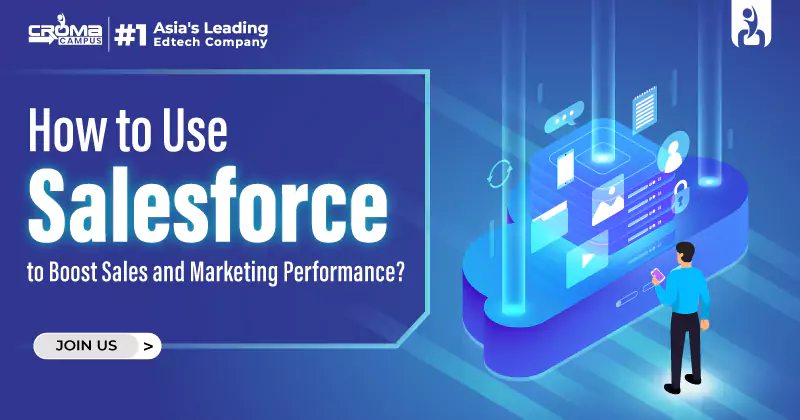
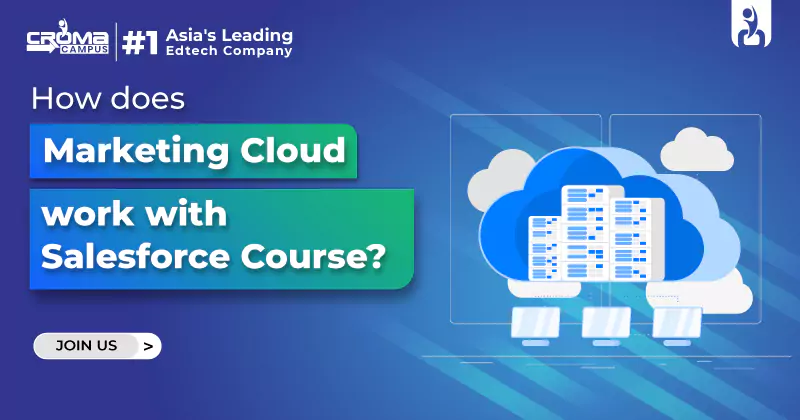

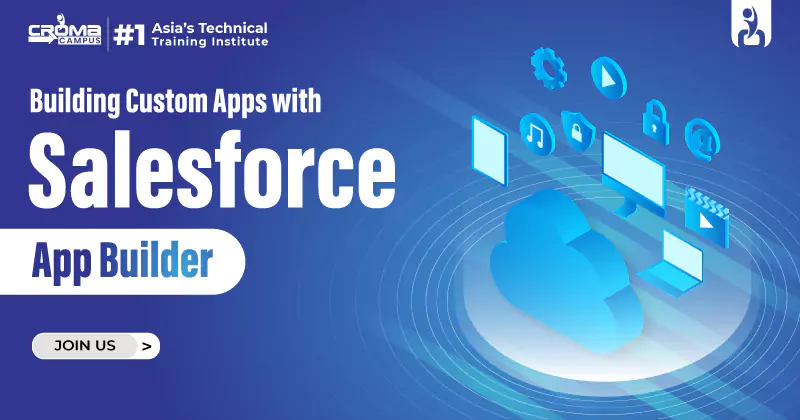
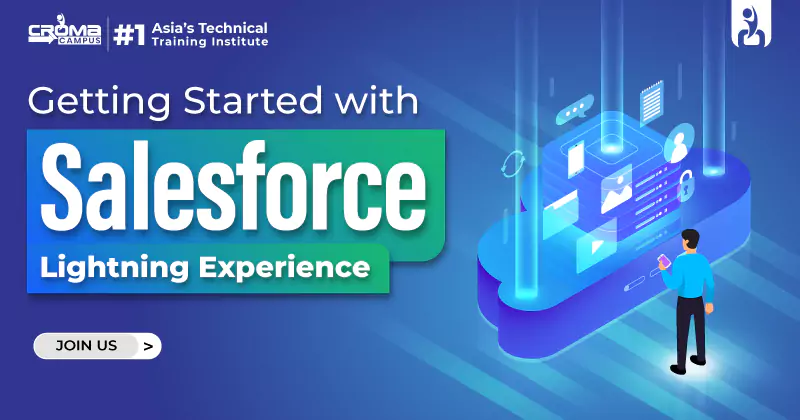
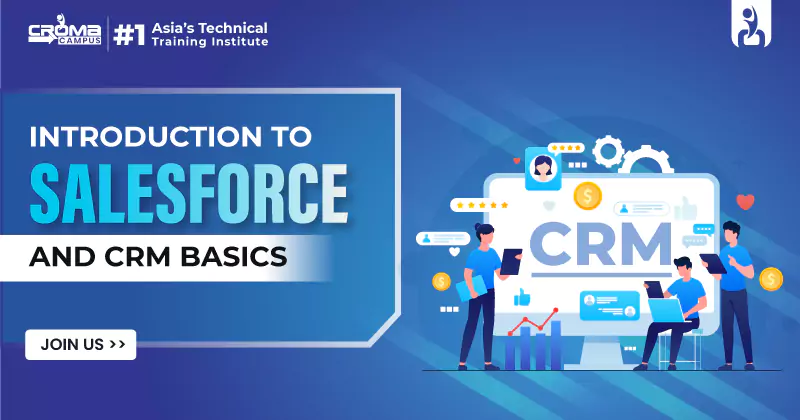

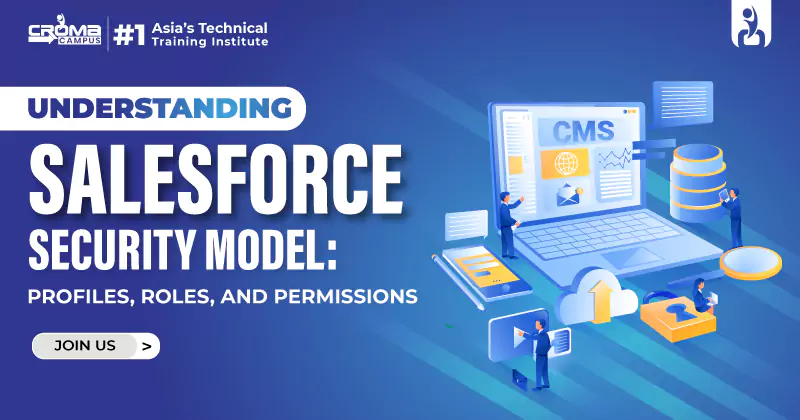

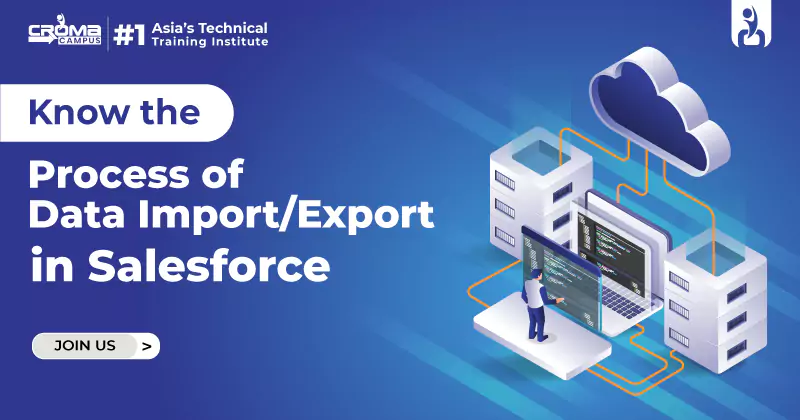
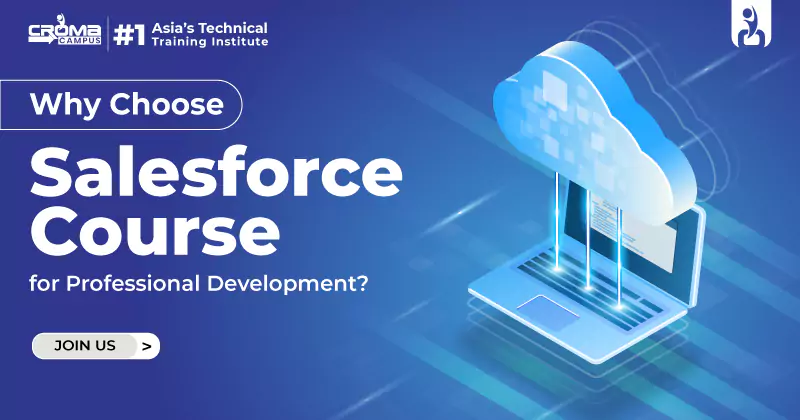









 Master in Cloud Computing Training
Master in Cloud Computing Training